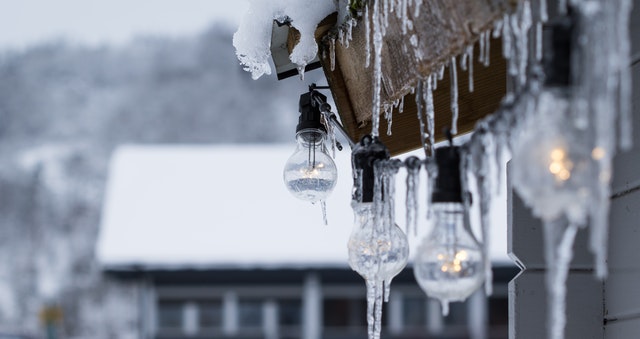
As the temperature continues to drop outside, many people are worried about what is going to happen to their heating bills. Given the challenging economic year, nobody wants to pay more than they have to. On the other hand, there are ways that people can keep their heating bills as low as possible as long as they take steps to winter-proof their homes now.
Prevent Drafts Under The Doors And Windows
One of the most common reasons why people end up using more heat than they should is that they are losing heat to the external environment. Often, this heat flows through gaps between windows and doors. Therefore, everyone has to make sure their windows and doors are closed when they are not using them. Then, consider adding stopgaps between doors and windows to prevent heat from exiting the home. If the windows are unlikely to be opened during the winter, then it might be a smart idea to seal them.
Add Insulation To Hot Water Pipes And Tanks
Many people do not realize just how much heat they use keeping their water hot in their homes. It is a great idea for homeowners to add insulation to hot water tanks and pipes. By adding some simple insulation, the hot water heater is not going to have to work as hard to get hot water up to the right temperature. This can save homeowners a significant amount of money on their heating bills.
Use A Smart Thermostat
Many homeowners run their heater when they do not have to. For example, they might run their heater when they are at work or asleep. This is unnecessary. By using a smart thermostat, everyone can set up a schedule for their heater. That way, their heater will shut off when the home does not have to be warmed to a specific temperature. At the same time, remember to warm the house to at least 55 degrees Fahrenheit at all times to prevent water from freezing in the pipes.
Save Money On Heating Bills This Winter
These are a few of the top ways that homeowners can save money on their heating bills this winter without having to sacrifice their comfort.
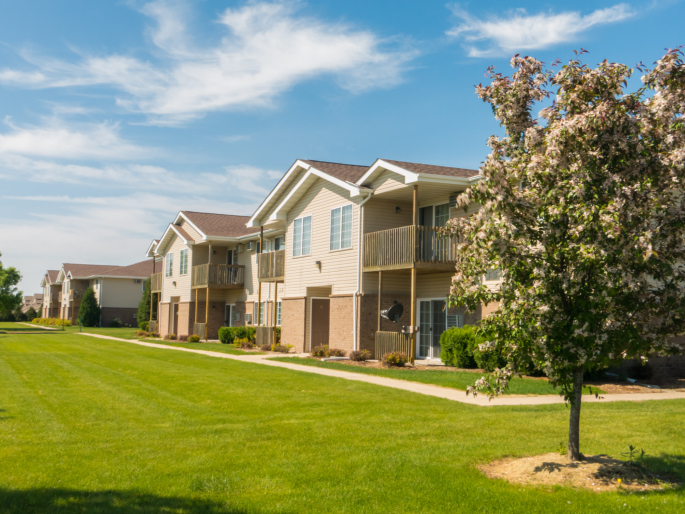 When people are thinking about moving, they want to make sure they find the right neighborhood. At the same time, it is not always easy for how many hours to decide where they are going to live. Particularly if they are not familiar with the local community, there are a few important points that everyone should keep in mind. By thinking about these factors ahead of time, potential homeowners are going to place themselves in a position to be successful when they purchase their next home.
When people are thinking about moving, they want to make sure they find the right neighborhood. At the same time, it is not always easy for how many hours to decide where they are going to live. Particularly if they are not familiar with the local community, there are a few important points that everyone should keep in mind. By thinking about these factors ahead of time, potential homeowners are going to place themselves in a position to be successful when they purchase their next home.  For those who are thinking about buying a house in the near future, they are probably in the process of tabulating up all of their expenses. One of the common expenses is home insurance. Even though home insurance is certainly recommended, is it actually required? There are many situations where it is required. At the same time, even when it is not required, it is still a good idea. When it comes to homeowners’ insurance, there are a few important points to keep in mind.
For those who are thinking about buying a house in the near future, they are probably in the process of tabulating up all of their expenses. One of the common expenses is home insurance. Even though home insurance is certainly recommended, is it actually required? There are many situations where it is required. At the same time, even when it is not required, it is still a good idea. When it comes to homeowners’ insurance, there are a few important points to keep in mind. 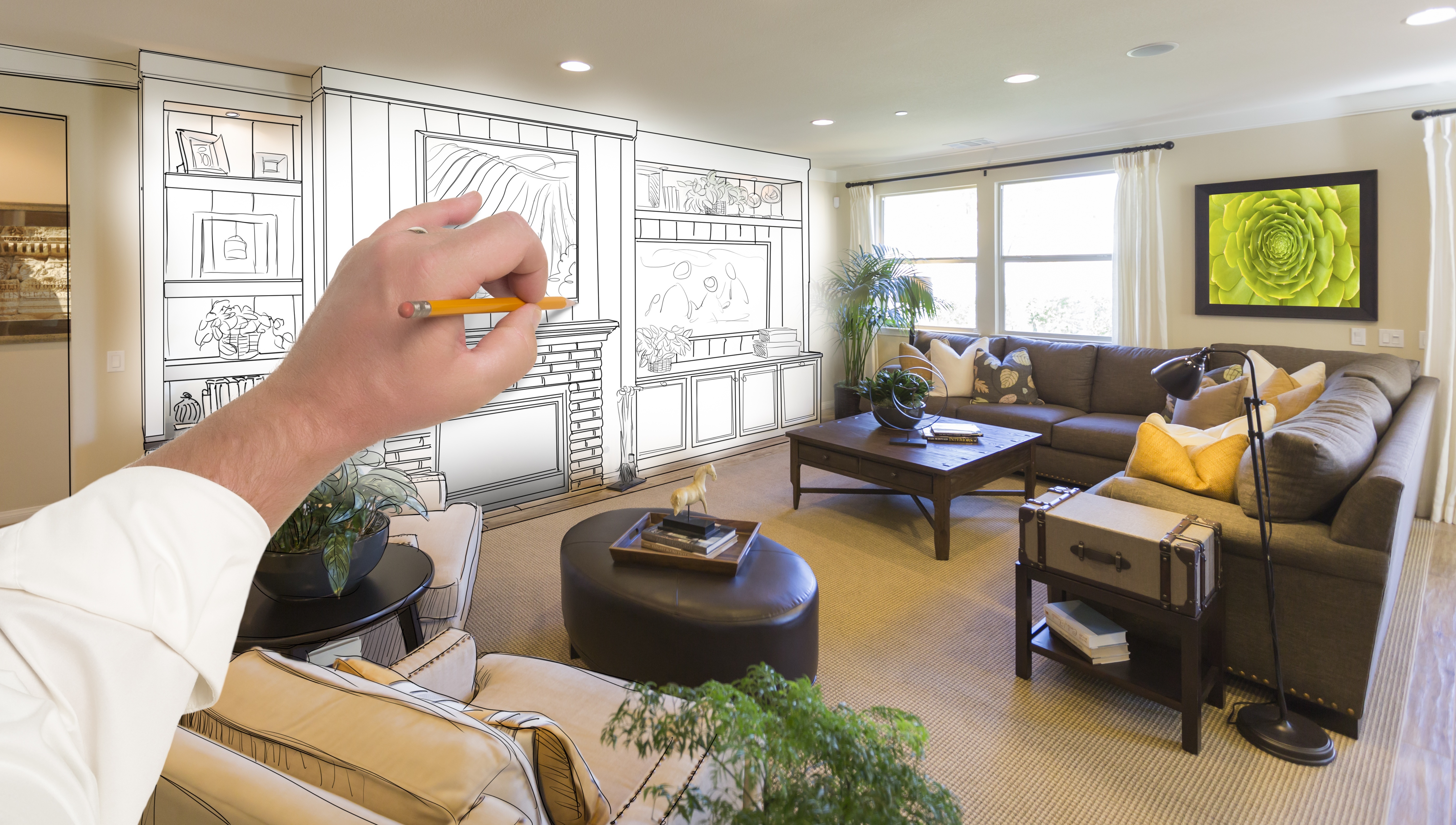 There are a lot of people who are looking to improve the home in which they live. One of the top ways to do this is to renovate the building; however, it is also important for everyone to make sure they know exactly what they are doing before they get started. There are several questions that everyone should ask before they start a home renovation project.
There are a lot of people who are looking to improve the home in which they live. One of the top ways to do this is to renovate the building; however, it is also important for everyone to make sure they know exactly what they are doing before they get started. There are several questions that everyone should ask before they start a home renovation project.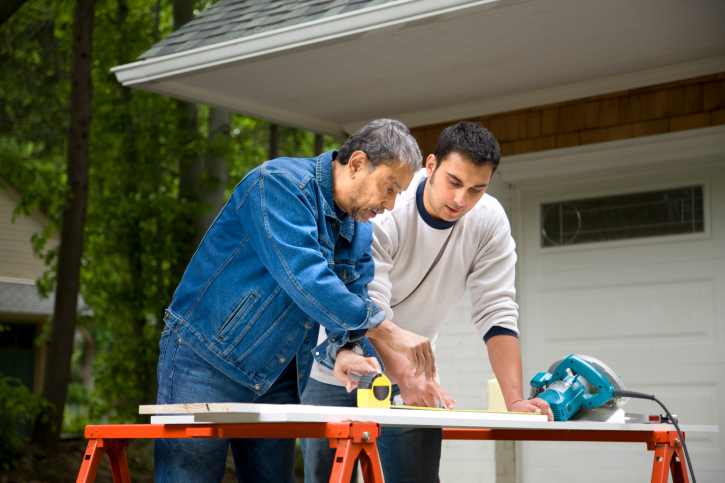 When it comes to home improvement in 2020, many people are spending more time in their homes than they ever have in the past. With kids attending school from home and people working from home, many homeowners are looking at ways to potentially improve the qualities of their homes through home improvement projects.
When it comes to home improvement in 2020, many people are spending more time in their homes than they ever have in the past. With kids attending school from home and people working from home, many homeowners are looking at ways to potentially improve the qualities of their homes through home improvement projects. Those who are in the process of buying a new home need to be aware of some of the factors that might influence their ability to do so. Even though credit score, income, and assets will play major roles in whether or not someone might be approved for a loan, there are other factors that will play a role as well.
Those who are in the process of buying a new home need to be aware of some of the factors that might influence their ability to do so. Even though credit score, income, and assets will play major roles in whether or not someone might be approved for a loan, there are other factors that will play a role as well. The coronavirus pandemic has impacted everyone. For homeowners, they might be wondering how they are able to keep up with their mortgage in light of shelter in place orders, financial difficulties, and unemployment problems.
The coronavirus pandemic has impacted everyone. For homeowners, they might be wondering how they are able to keep up with their mortgage in light of shelter in place orders, financial difficulties, and unemployment problems.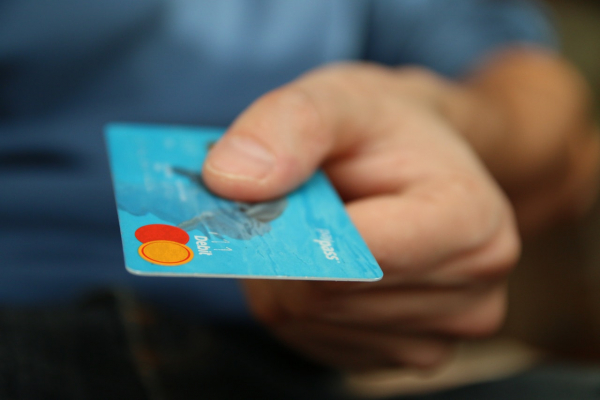 The coronavirus pandemic has impacted everyone and everyone is trying to go about their lives in a safe manner. With so many people spending time at home, now is the perfect time to conduct home improvement projects. At the same time, carrying out a home improvement project is going to require supplies.
The coronavirus pandemic has impacted everyone and everyone is trying to go about their lives in a safe manner. With so many people spending time at home, now is the perfect time to conduct home improvement projects. At the same time, carrying out a home improvement project is going to require supplies.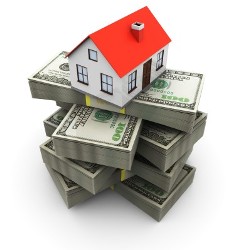 Those who are thinking about buying their first home soon are likely saving up for a down payment. This can be a challenging process because, for many people, this is the largest amount of money they have ever saved in their lives. Sadly, the amount that people might need to buy their first home is more than they think.
Those who are thinking about buying their first home soon are likely saving up for a down payment. This can be a challenging process because, for many people, this is the largest amount of money they have ever saved in their lives. Sadly, the amount that people might need to buy their first home is more than they think.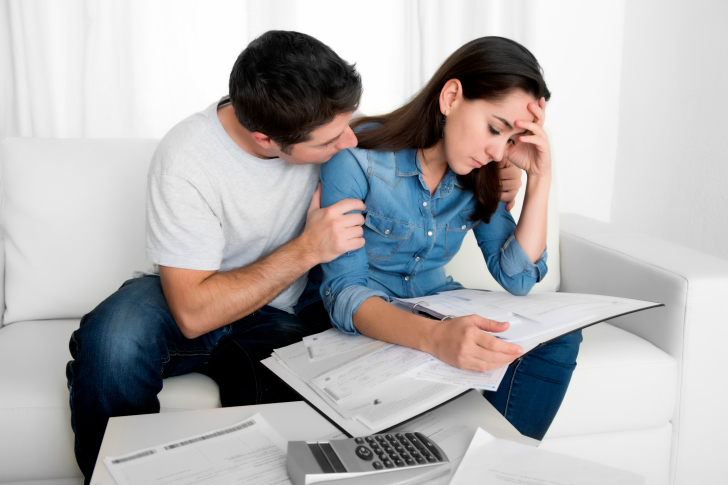 If you’re in the process of simultaneously buying and selling a home, you may be in for the most stressful experience of your life. One UK-based real estate survey of over two thousand people found that buying and selling a house is more stressful than divorce, bankruptcy, a death in the family, becoming a parent for the first time, and even planning a wedding!
If you’re in the process of simultaneously buying and selling a home, you may be in for the most stressful experience of your life. One UK-based real estate survey of over two thousand people found that buying and selling a house is more stressful than divorce, bankruptcy, a death in the family, becoming a parent for the first time, and even planning a wedding!